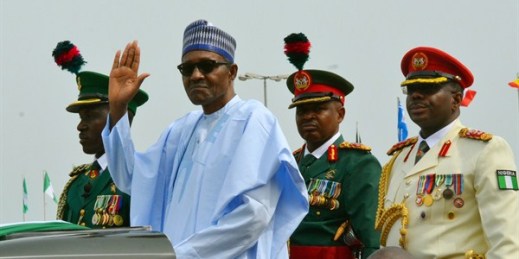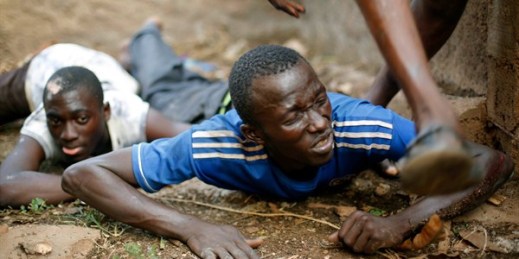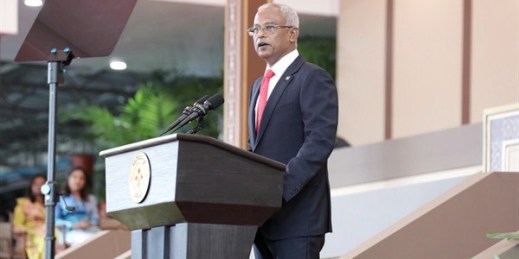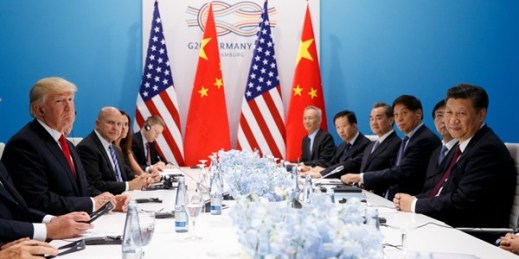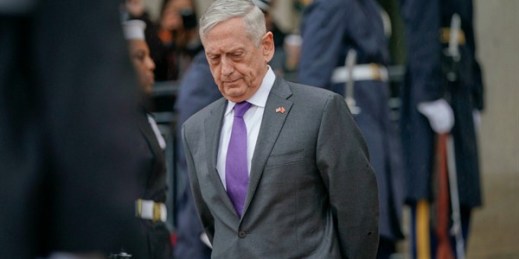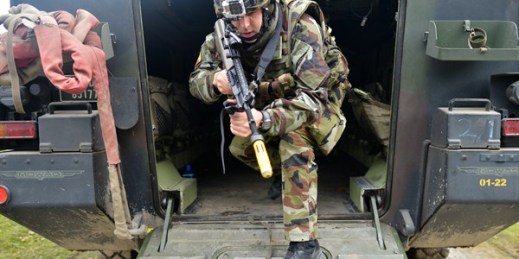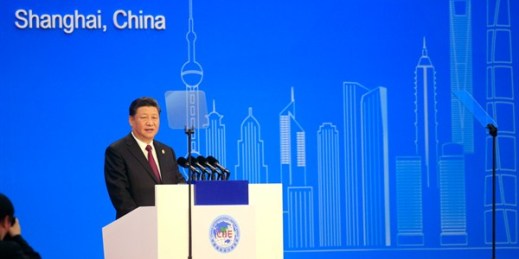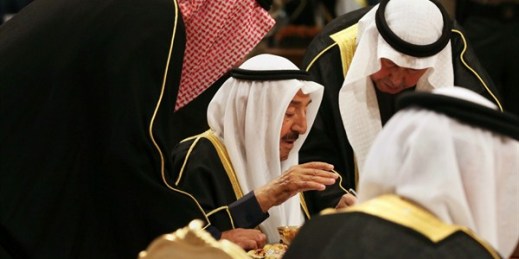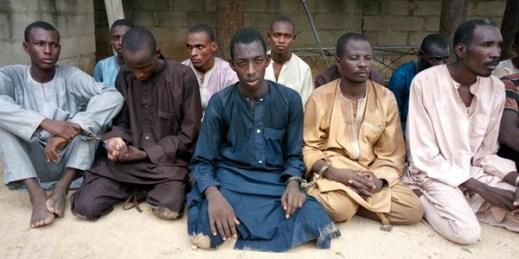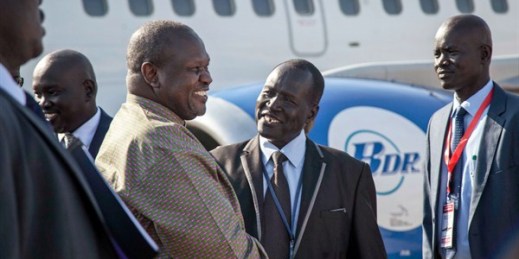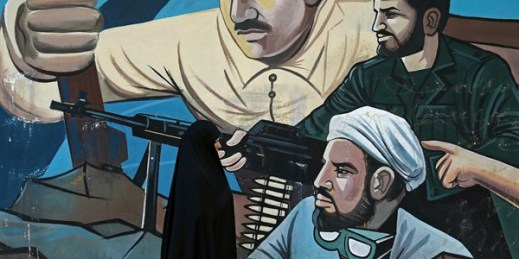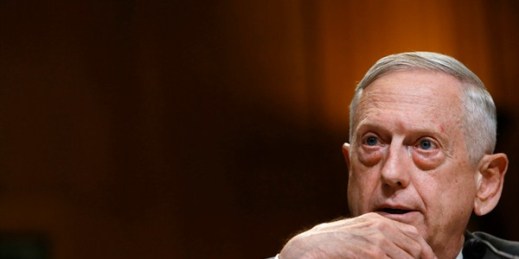
The United States obsesses about its global strategy more than any nation on earth. This fixation is reflected in the fact that Congress requires the executive branch to produce regular reports on its security strategy. A year ago, the Trump administration published its inaugural National Security Strategy. A few months later, the Pentagon released its National Defense Strategy to explain how U.S. military power would be used to implement the National Security Strategy. As it has in the past, Congress then created a bipartisan National Defense Strategy Commission to assess the Pentagon’s strategy. This included an august team of top […]

